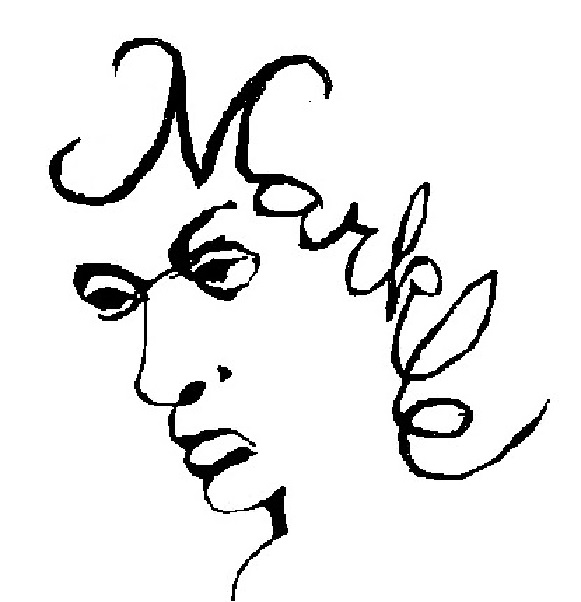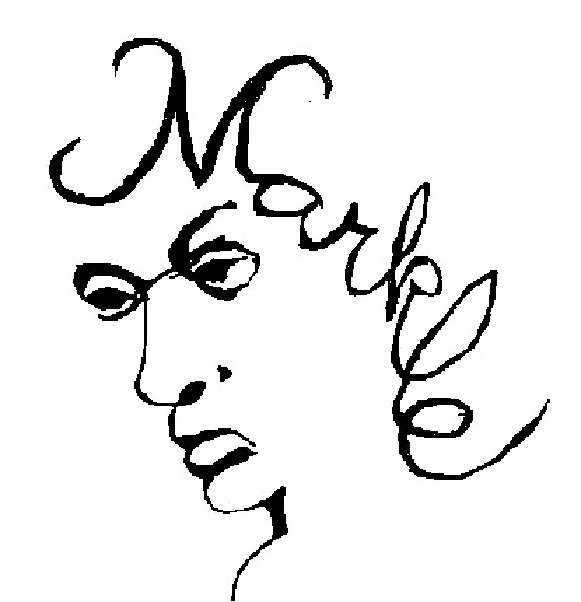Wordslinger wrote: PkrBum wrote: 2seaoat wrote:You are the one boasting about a large mob of people who agree that muslims and mexicans should be banned from America......what part of fascism are you confused about. You are a fascist. Donald Trump is a fascist. Breitbart is a fascist mouth piece. Fascism will not win in America.
What a load of shit... the closest thing to fascism in this country has always been progressivism.
They even openly adored and envied it prior to ww2.
Bullshit. Have you heard of the Lincoln Brigade? Have you forgotten the Spanish Civil War where so many left-wing Americans went to early war against fascism? Why in hell are you right wingers such poor historians?
H. G. Wells, one of the most influential progressives of the 20th century, said in 1932 that progressives must become “liberal fascists” and “enlightened Nazis.” Regarding totalitarianism, he stated: “I have never been able to escape altogether from its relentless logic.” Calling for a “‘Phoenix Rebirth’ of Liberalism” under the umbrella of “Liberal Fascism,” Wells said: “I am asking for a Liberal Fascisti, for enlightened Nazis.”
The poet Wallace Stevens pronounced himself “pro-Mussolini personally.”
The eminent historian Charles Beard wrote of Mussolini’s efforts: “Beyond question, an amazing experiment is being made [in Italy], an experiment in reconciling individualism and socialism.”
Muckraking journalists almost universally admired Mussolini. Lincoln Steffens, for one, said that Italian fascism made Western democracy, by comparison, look like a system run by “petty persons with petty purposes.” Mussolini, Steffens proclaimed reverently, had been “formed” by God “out of the rib of Italy.”
McClure’s Magazine founder Samuel McClure, an important figure in the muckraking movement, described Italian fascism as “a great step forward and the first new ideal in government since the founding of the American Republic.”
After having vistited Italy and interviewed Mussolini in 1926, the American humorist Will Rogers, who was informally dubbed “Ambassador-at-Large of the United States” by the National Press Club, said of the fascist dictator: “I’m pretty high on that bird.” “Dictator form of government is the greatest form of government,” Rogers wrote, “that is, if you have the right dictator.”
Reporter Ida Tarbell was deeply impressed by Mussolini's attitudes regarding labor, affectionately dubbing him “a despot with a dimple.”
NAACP co-founder W. E. B. DuBois saw National Socialism as a worthy model for economic organization. The establishment of the Nazi dictatorship in Germany, he wrote, had been “absolutely necessary to get the state in order.” In 1937 DuBois stated: “there is today, in some respects, more democracy in Germany than there has been in years past.”
FDR adviser Rexford Guy Tugwell said of Italian fascism: “It's the cleanest, neatest, most efficiently operating piece of social machinery I've ever seen. It makes me envious.”
New Republic editor George Soule, who avidly supported FDR, noted approvingly that the Roosevelt administration was “trying out the economics of fascism.”
Playwright George Bernard Shaw hailed Stalin, Hitler, and Mussolini as the world’s great “progressive” leaders because they “did things,” unlike the leaders of those “putrefying corpses” called parliamentary democracies.

 Home
Home



